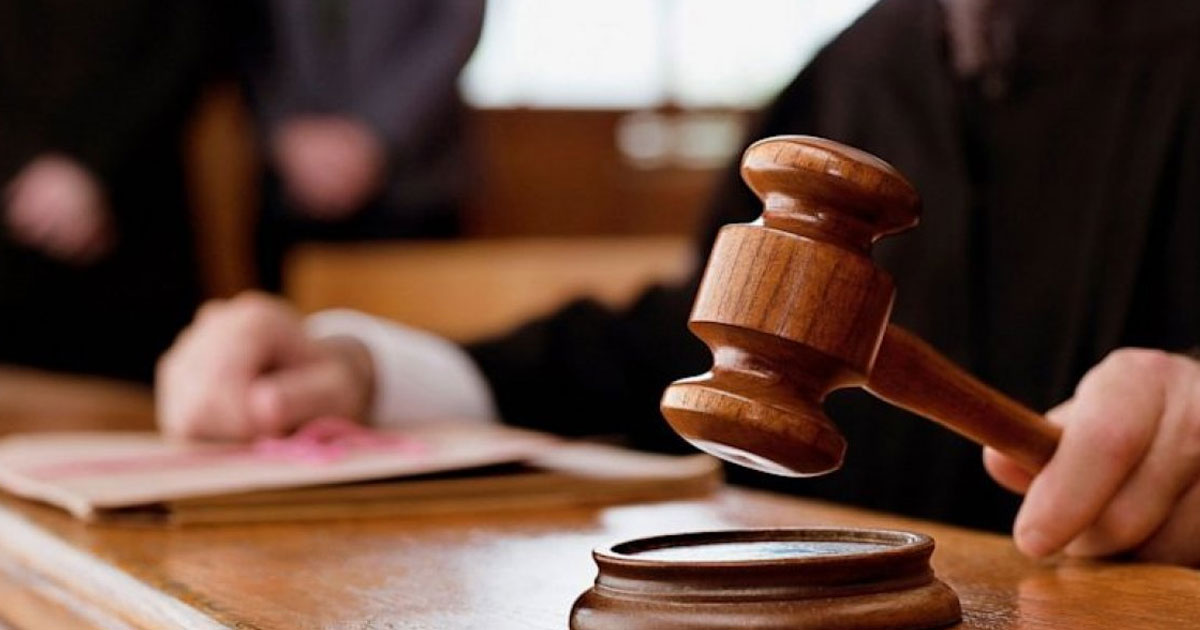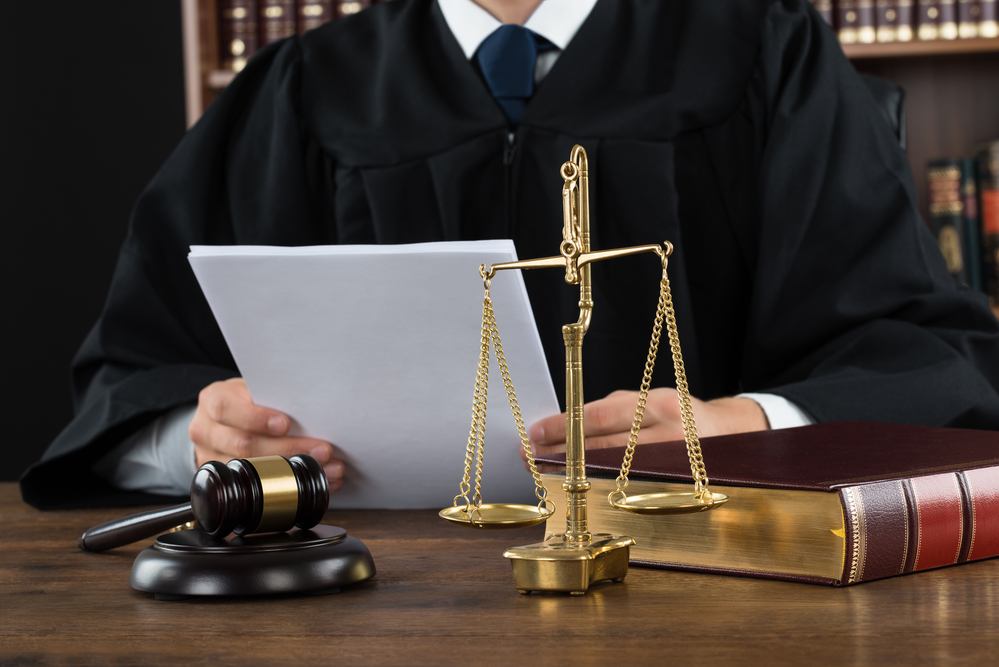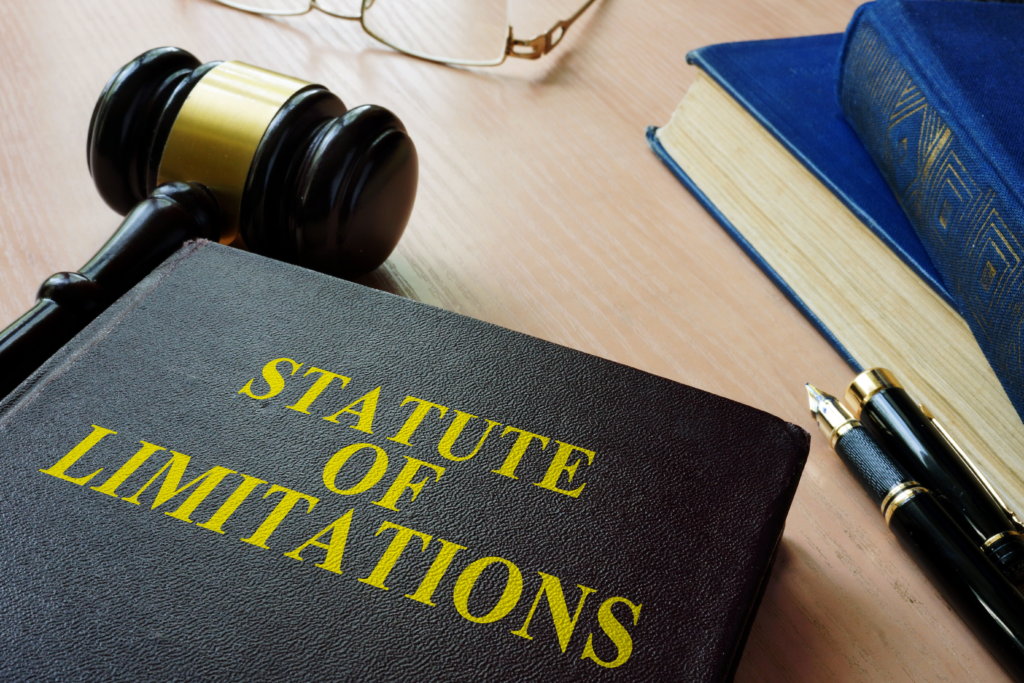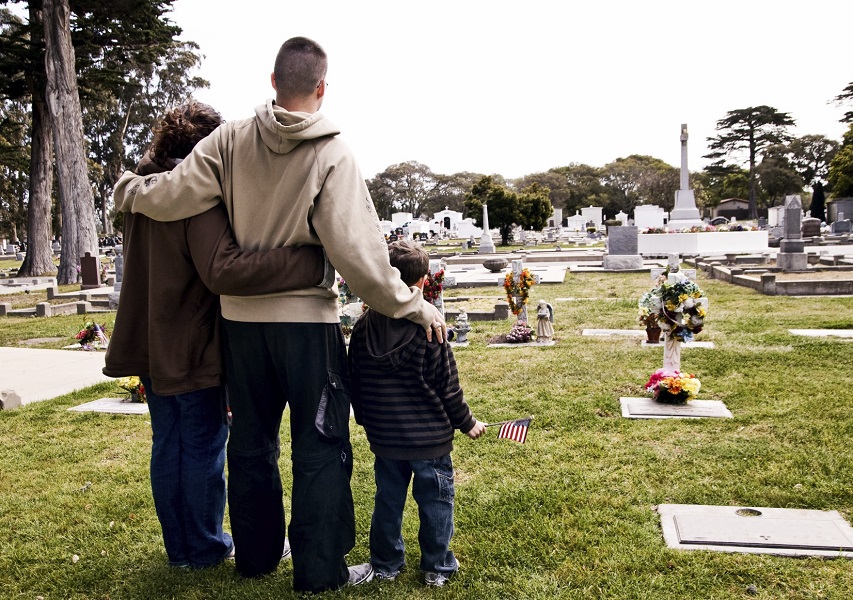A wrongful death claim is a form of personal injury litigation that occurs when someone dies because of another individual’s negligent actions or intentional tort.
Losing a family member to death is an extremely painful and stressful life event. When there is negligence involved, it makes it even more difficult for you and your family.
Many people face the same decision. Do we have what it takes, financially and emotionally, to start a wrongful death lawsuit? If there was negligence or the other party’s actions were intentional, you might be able to get compensated.
Although, no sum of money will bring a loved one back, you might want justice. The only way to do that is by discussing the case with a wrongful death lawyer to determine the negligence and awards a court might grant you and your family; for the loss of your loved one.
The Lord Campbell’s Act

While, NO action at law is now maintainable against a person, who, by his or her wrongful action, negligence or default, might have caused the death/fatality of another human being, and it is oftentimes appropriate and expedient that the offender, in such instance, ought to be accountable for damages for the personal injury so caused by him or her.
No matter where you live, whether you need West Coast Trial Lawyers or attorneys who specialize in these kinds of personal injury suits, it is important for you to understand all that is entailed with these cases and the compensation you and your family could receive; what you deserve!
Who Can File A Wrongful Death Lawsuit?
When someone dies, and the other party’s actions were intentional or negligent, the case is considered a wrongful death case. These types of claims permit the estate of the departed individual to file a wrongful death claim against the person or persons who are lawfully accountable for the death.
The litigation is generally filed by a person who has interest and rights to the estate (a representative of the estate, for example), in the best interests of surviving household members and additional affected people.
What Goes into a Wrongful Death Case and When is it Applicable?
What Proof is Needed to Win the Case?

To hold a defendant accountable, the plaintiff and attorney must gather evidence that proves the deceased died from the result of negligence or intentional harm by the other party. The prove needed would be identical to what the victim would need if he or she could file the claim. You are working in the best interests of your loved one.
Let’s use negligence as an example. Everybody is expected to live by a few rules. One major rule is “Duty of Due Care”. Due care is a level of responsibility that an individual in a specific situation is expected to practice.
For instance, when I get into my car and drive down the street, I am expected to watch the road, sidewalks, etc. and pay attention while I am driving. If I allow myself to become distracted and take my eyes off the road and hit someone who was riding his or her bike, I could be found guilty of negligence. In that situation, I would not be using due care with my actions.
Therefore, we need to prove that the other party failed to use due care with his or her actions that resulted in the death of your loved one.
When is it Applicable?
When a victim who would otherwise be able to file a personal-injury lawsuit dies because of another individual’s intentional actions or negligent actions, a wrongful death lawsuit is pertinent. A few types of situations where such a fatality could occur are:
- When someone is killed on purpose – For instance, when someone is arrested and charged with murder, and the wrongful death claim is based on an intentional act
- When someone dies because of medical negligence (malpractice)
- When someone dies in an automobile collision that involved negligence
These are just a few instances where families could file a wrongful death suit. A wrongful death lawyer understands all the laws regarding these kinds of personal injuries. Such cases could stem from nearly any type of personal injury, even though one prominent exclusion exists for workplace injuries/accidents resulting in fatalities/death, which generally is dealt with via worker’s compensation divisions or worker’s compensation insurance agencies.
Facts/Data Regarding Deaths/Fatalities/Personal Injuries
While the facts will fluctuate to some degree, annually, these are the kinds of claims which are most probable to be represented by a nationwide wrongful death attorney seeking compensation for clients who were the victim of wrongful death. Filed by household members, these claims are amid the most severe personal injury cases of any type and are those which are expected to net a substantial settlement if won in a law court.
As stated by the National Center for Health Statistics (NCHS), a division of the Centers for Disease Control and Prevention (CDC), Death statistics revealed:
- All deaths/fatalities resulting from personal injury – approximately 200,000
- All deaths/ fatalities resulting from poisoning – approximately 52,000
- All deaths/ fatalities resulting from motor vehicle accidents – approximately 34,000
- All deaths/ fatalities pertaining to weapons, unintentional as well as intentional – approximately 34,000
To learn more about survivor’s rights, follow this link: Damages Standards for Wrongful Death/Survival Actions.
These cases are complex, so it is recommended to contact a wrongful death attorney with legal experience. The attorneys at West Coast Trial Lawyers are well equipped to handle wrongful death cases.
What Damages do Courts Award?

Types of Damages
Compensatory and punitive damages are the common types awarded by courts.
Compensatory damages are awarded to the plaintiff for recompense for damages, injury or additional losses. These damages are granted in civil claims where losses happened because of a negligent act (or an illegal act) by another individual. To get these awards, the plaintiff must prove, without a doubt, that such losses happened and were because of the defendant’s involvement in the death.
Some forms of compensatory damages a court will award are:
- Hospital, emergency room and other kinds of healthcare expenses
- Healthcare treatments
- Costs for rehabilitation or physical therapy
- Ambulance costs
- Medications
- Nursing home or hospice home expenses
- Home healthcare services
- Equipment needed for medical needs
- Loss of salaries
- Property repairs, replacement, etc.
Punitive damages are awarded to punish the offender. For example, a manufacturer produces and sells dietary pills and promises consumers the pills are safe and will work. A consumer buys the product and uses it but suddenly becomes seriously ill.
His or her physician examines the patient and determines that the dietary pills counteract with some types of medications, but the manufacturer failed to list the counteracting warnings.
The patient’s healthcare costs, for example, were over $5,000. The manufacturing company could be held accountable for negligent actions and failing to act with due care. The patient would be allowed to file a suit in a civil court. If the patient died because of the negligence of the manufacturer, it would be considered a wrongful death lawsuit.
Courts award damages for these cases, and it depends on each situation as to how much you could win on behalf of your departed loved one. Some types of losses that survivors might be able to get (survivor’s benefits for wrongful death litigations) consist of the following:
- The victim’s pre-death
State Laws/Rules and Statute of Limitations

Each state is different, regarding laws for personal injury cases. Also, each state has a statute of limitations (how long after the accident before clients must file a claim) for filing wrongful death cases. Consult a lawyer with legal experience in this area to learn more about these laws, rules and statute of limitations.

